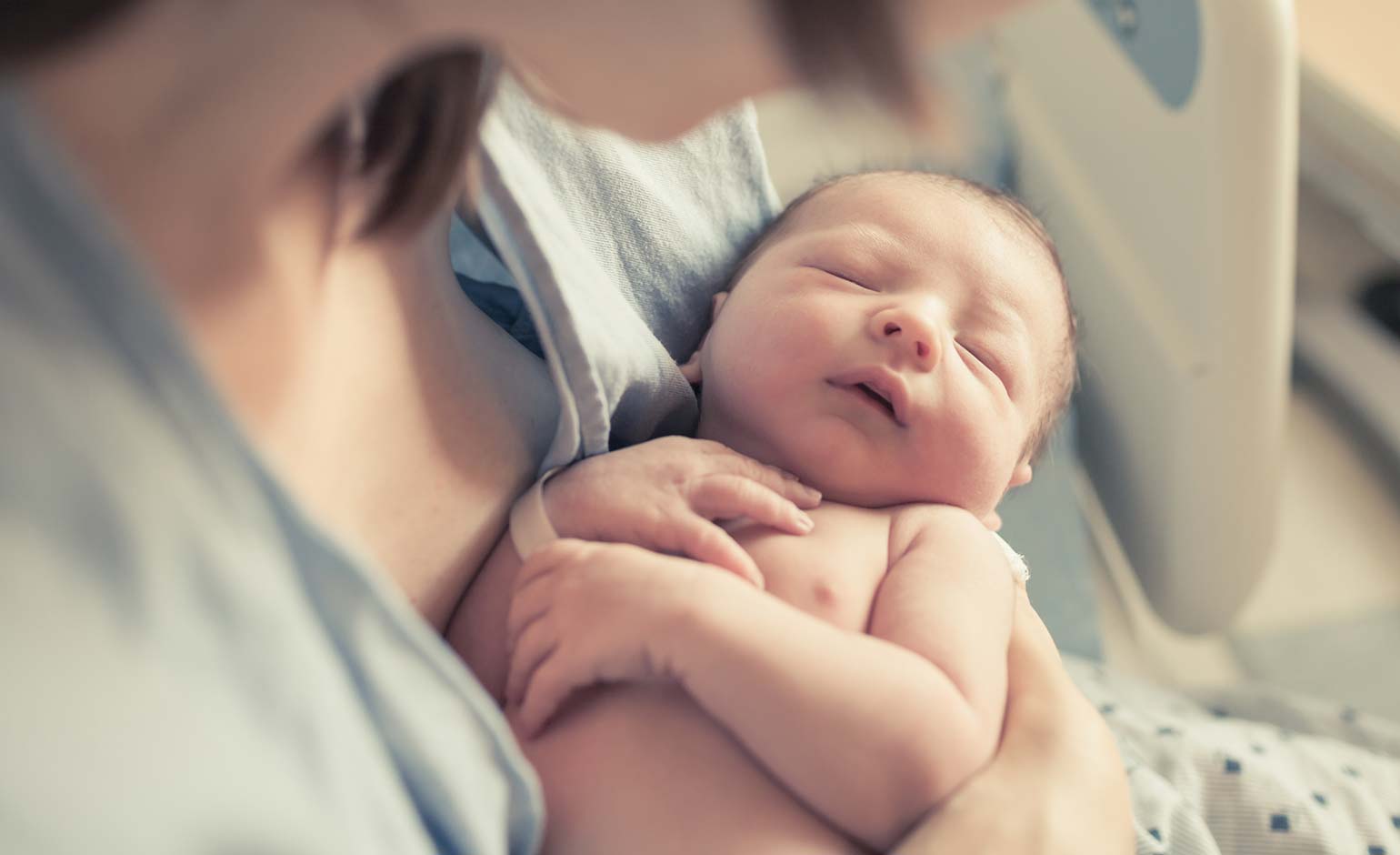During Maternal Mental Health Awareness Week, the Avon and Wiltshire Mental Health Partnership is encouraging families to ensure they know how to spot the signs of maternal ill health.

Perinatal mental illness affects around one in every five women. If left untreated, mental health issues can have long-lasting effects on the woman, the child, and their wider family.
Maternal Mental Health Awareness Week, which is running until Sunday 9th May, helps to encourage families to know how to spot the signs of maternal ill health and to seek help when needed.
Sarah, who experienced mental health difficulties after both her children were born, said: “As soon as I started to not feel myself, I told my family, the midwives and my health visitor straight away.
“It was only a few days after my baby was born but I could tell something was really wrong. I hadn’t slept since the birth and I felt overwhelming anxiety and panic about the smallest things.
“My health visitor suggested I call my GP, who was so supportive and organised a mental health nurse to come out and see me that same day.
“I was really frightened about what was happening but everyone I spoke to reassured me that I would get the help I needed.”
The Avon and Wiltshire Mental Health Partnership (AWP) NHS Trust offers Specialist Community Perinatal Mental Health Services in Bath and North East Somerset.
They provide advice and guidance to women who develop psychiatric disorders during pregnancy, those with pre-existing conditions and for women who develop mental health difficulties after giving birth.
The service also provides pre-conception advice for planning and preparation for future pregnancy to women who have had mental health difficulties in the past.
Dr Ajay Bhatt, Consultant Psychiatrist, for AWP’s Bath and North East Somerset, Swindon and Wiltshire (BSW) Specialist Perinatal Community Mental Health Team, said: “Difficulties with mental health can affect anyone in pregnancy and up to the first year following the birth of a child.
“The global pandemic has left many pregnant women, mothers, particular first time mums, and fathers, feeling very isolated and alone at a time when they should be enjoying the wonderful experience of parenthood.
“We want people to be aware of the signs to look out for and the best way to access the support they need.”
Recognise the signs of perinatal mental ill health
Postnatal mental-ill health can develop gradually and can be hard to recognise. Signs for partners, family and friends to look out for in someone who has just had a baby include:
- Frequently crying for no obvious reason;
- Having difficulty bonding with their baby, looking after them only as a duty and not wanting to play with them;
- Withdrawing from contact with other people;
- Speaking negatively all of the time and claiming they’re hopeless;
- Neglecting themselves, such as not washing or changing their clothes;
- Losing all sense of time, such as being unaware whether 10 minutes or two hours have passed;
- Losing their sense of humour; and/or
- Worrying excessively and experiencing intrusive and distressing thoughts.
Sarah continued: “I would urge anyone who feels like they aren’t coping to speak up as soon as they can to whoever they trust.
“I received such amazing support once I’d told just a few people, and that support got me back on my feet and able to recover and look after myself and my baby.”
AWP has offered the following advice:
- If you’re worried about your own, or someone else’s mental health, you can talk to your midwife, GP or health visitor.
- Feeling tearful and anxious in the first few days after giving birth is common and is often called ‘baby blues.’ If symptoms last longer than two weeks, it is best to seek professional advice as the earlier it is diagnosed and treated, the quicker you will recover.
- Don’t be afraid to tell your midwife or health visitor how you feel as this can help them identify if you are unwell or likely to become unwell.
- Symptoms that might indicate you have post-natal depression include feeling sad and hopeless, negative thoughts about yourself, not sleeping well or too much sleep, a lack of interest or pleasure in doing things or being with people and loss of appetite.
- If you have had a previous mental health illness, your midwife or doctor can assist you with developing a care plan and you may be referred to the perinatal mental health team.
- Postnatal depression can start at any time in the first year after giving birth and affects around one in ten new mothers.



